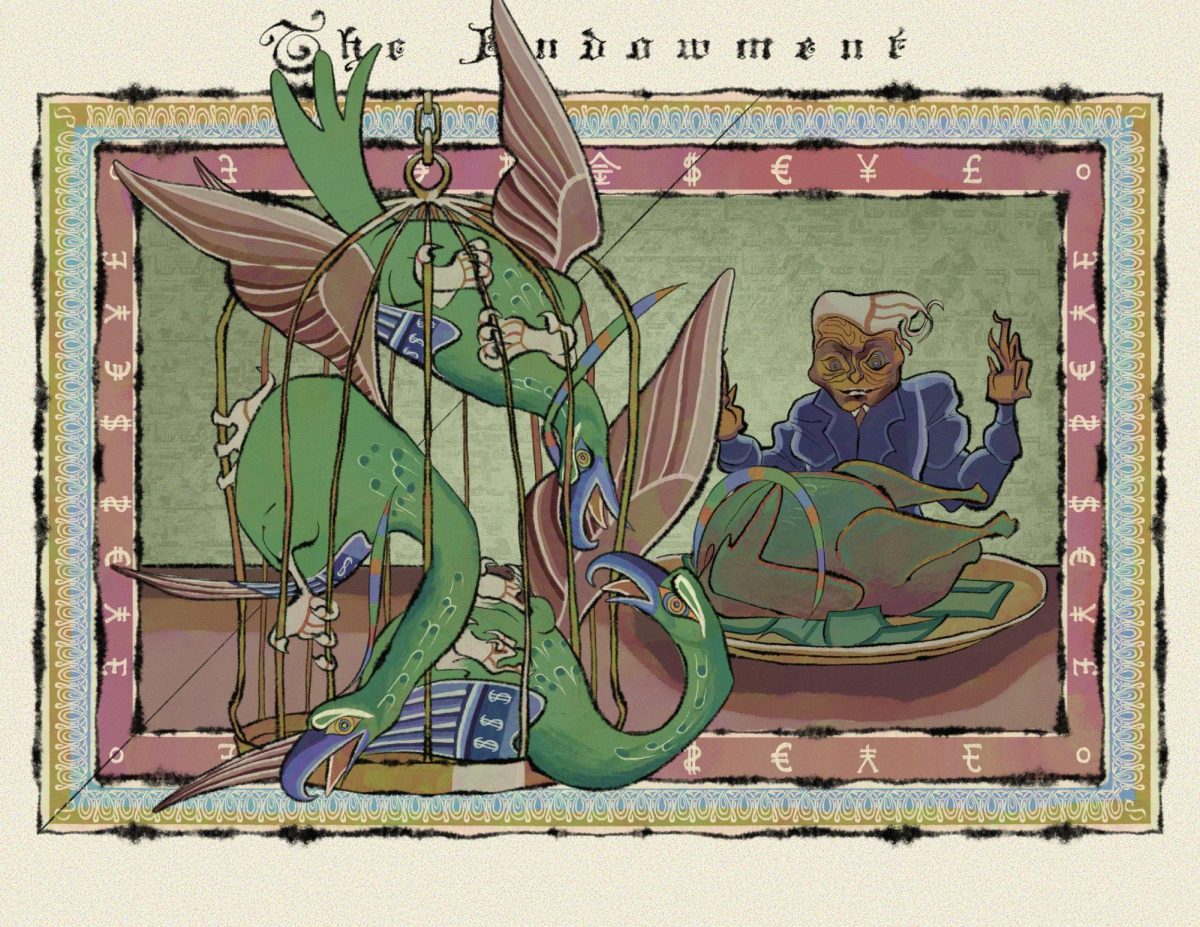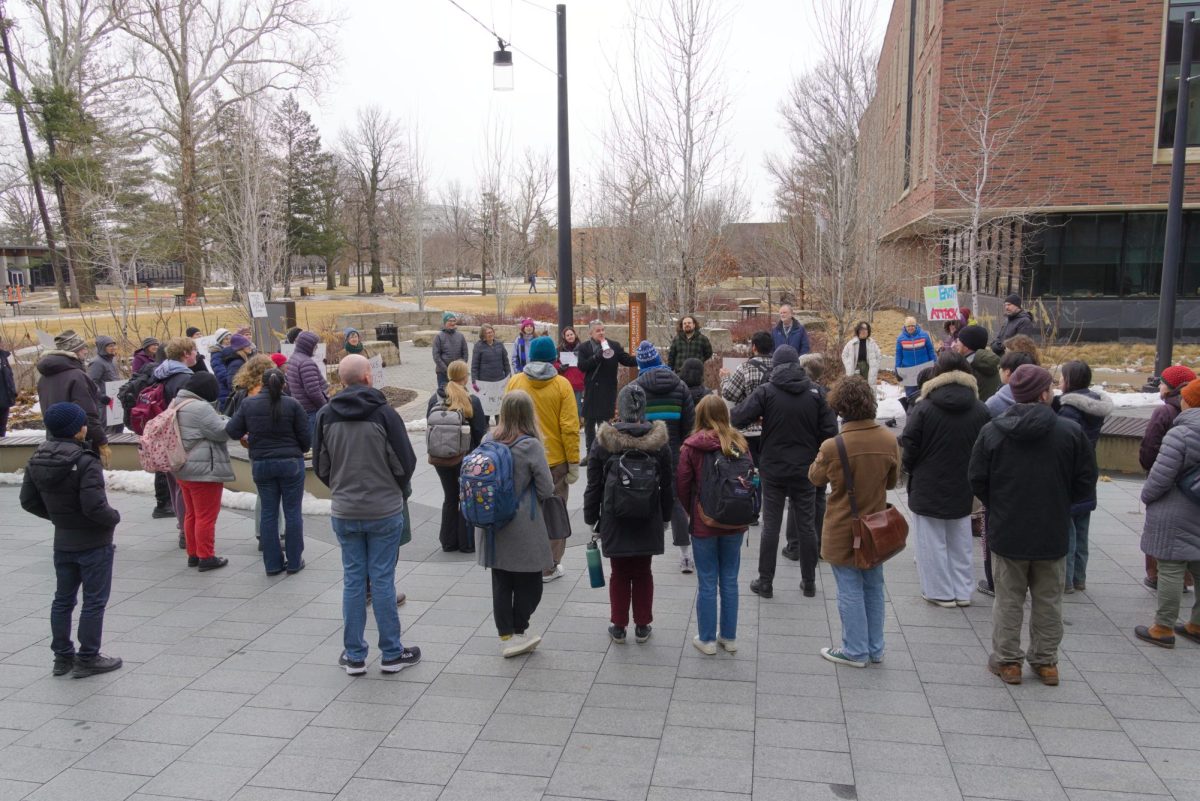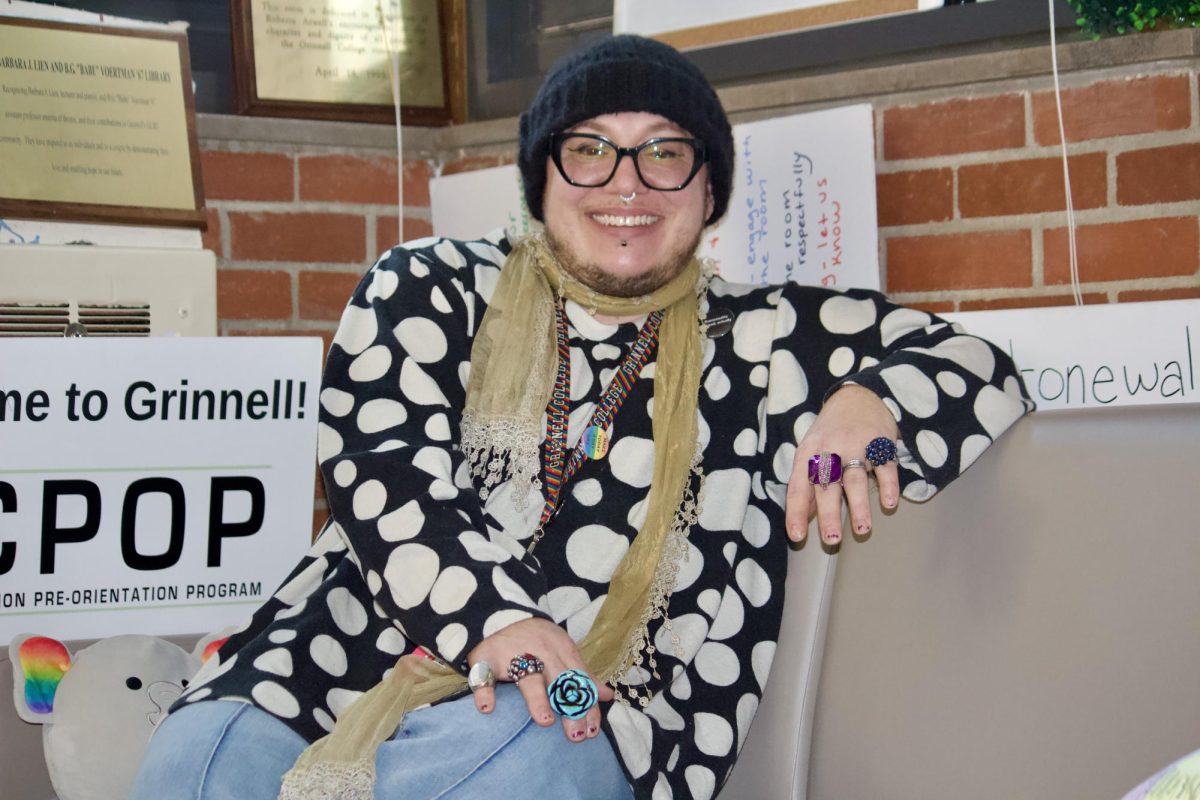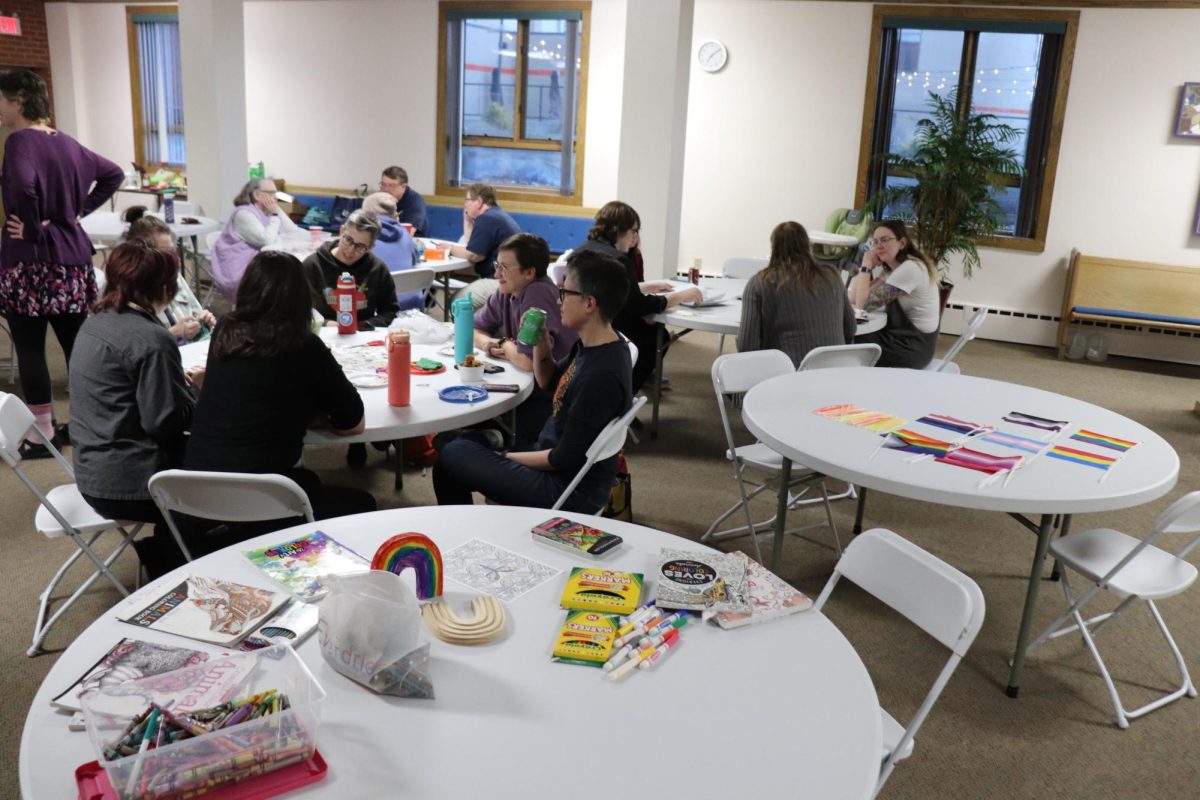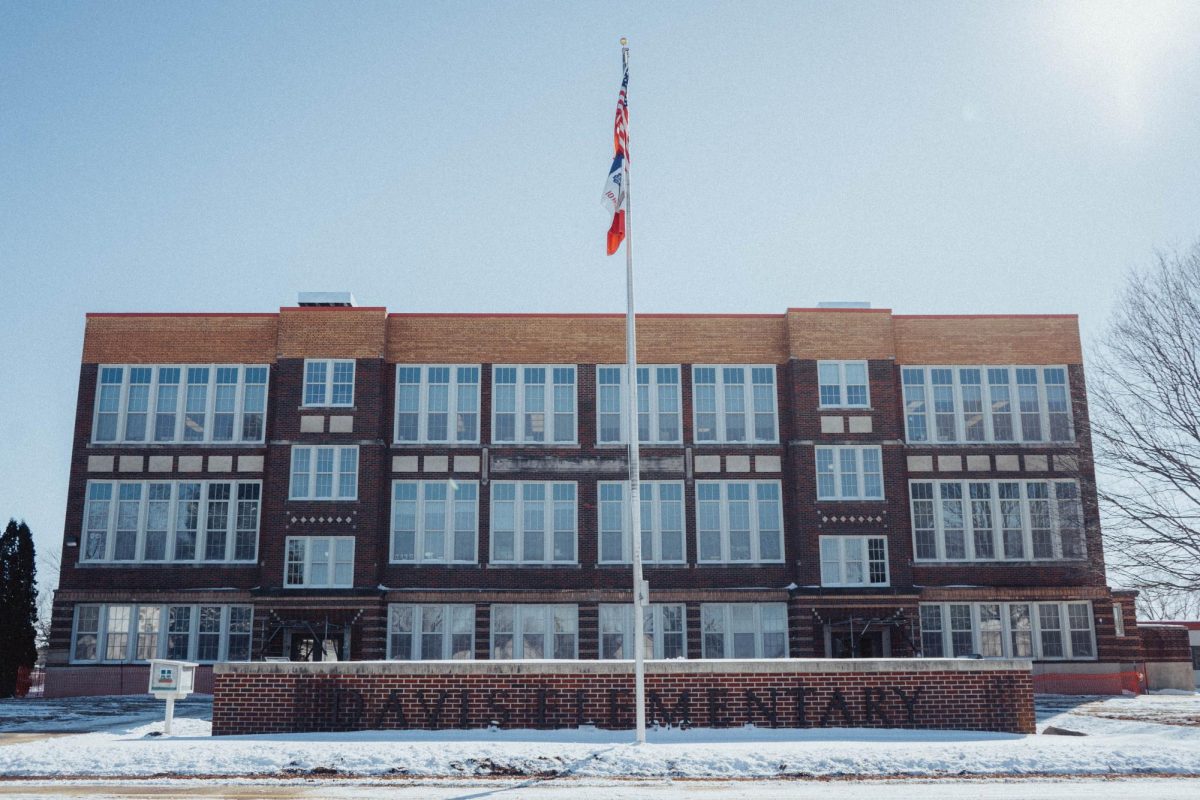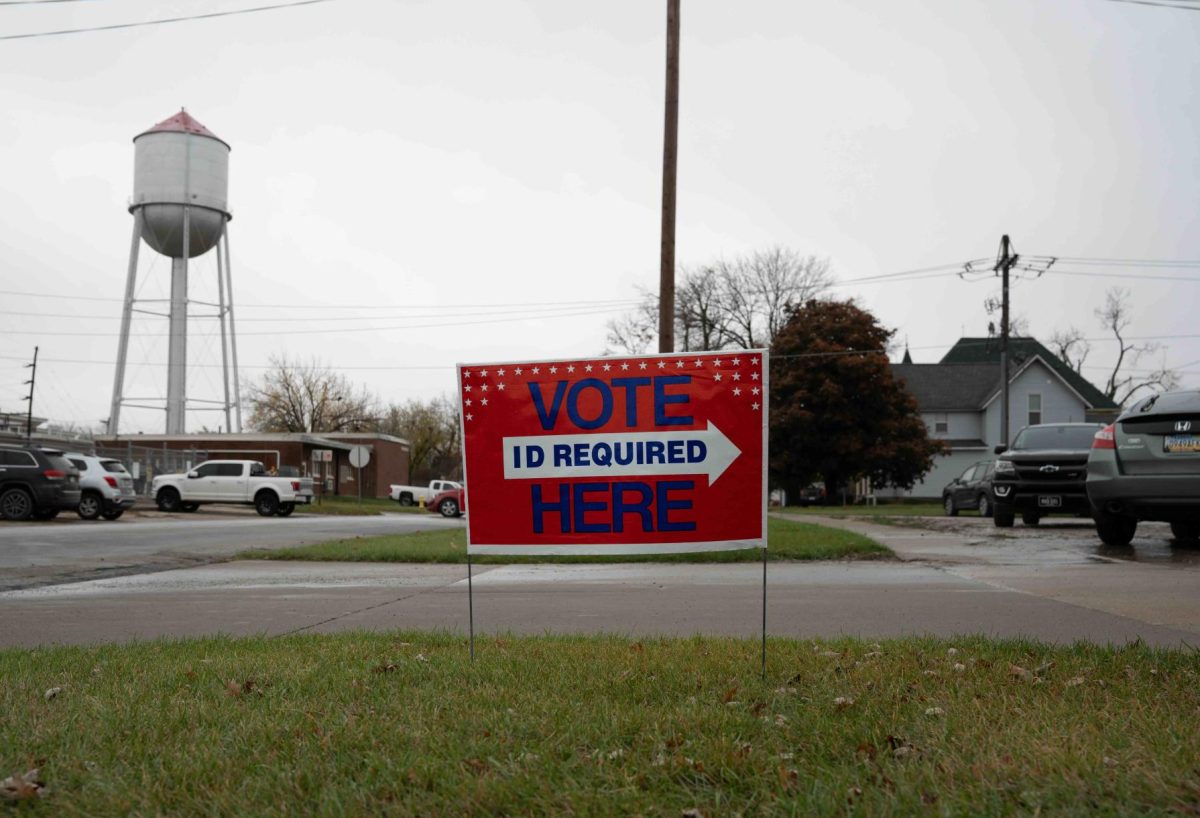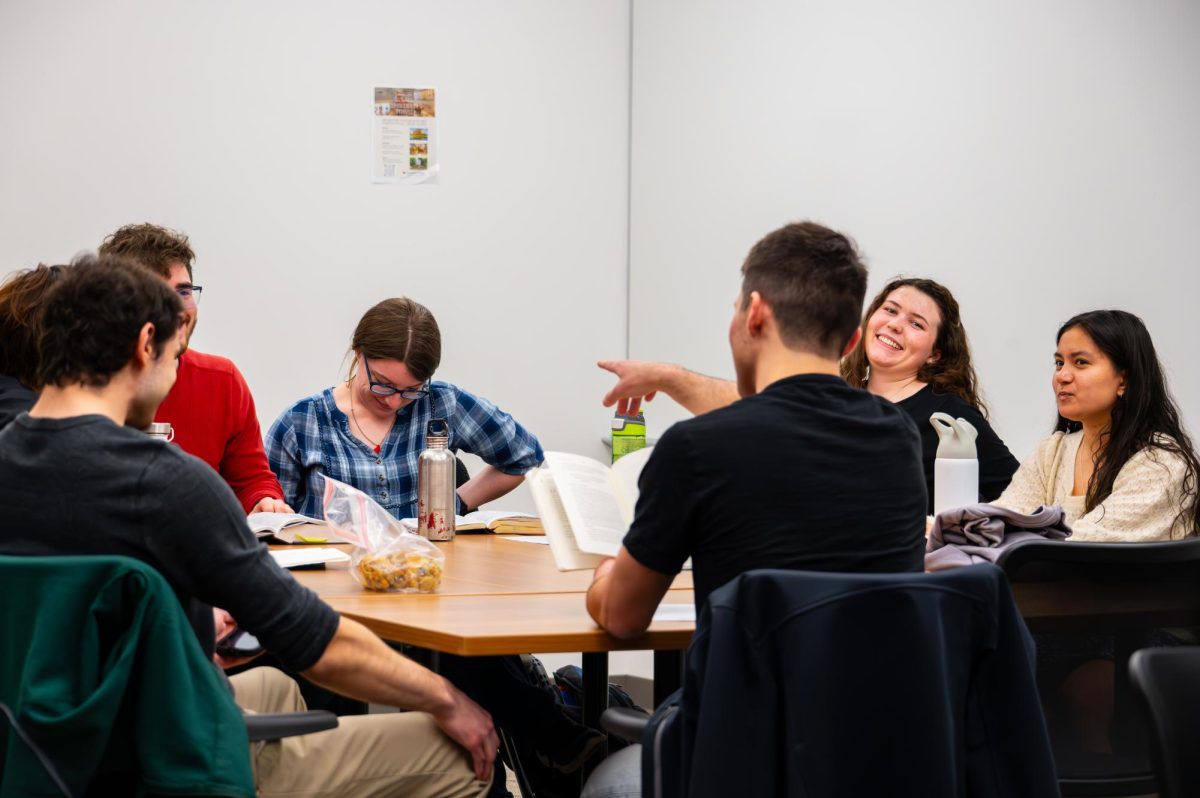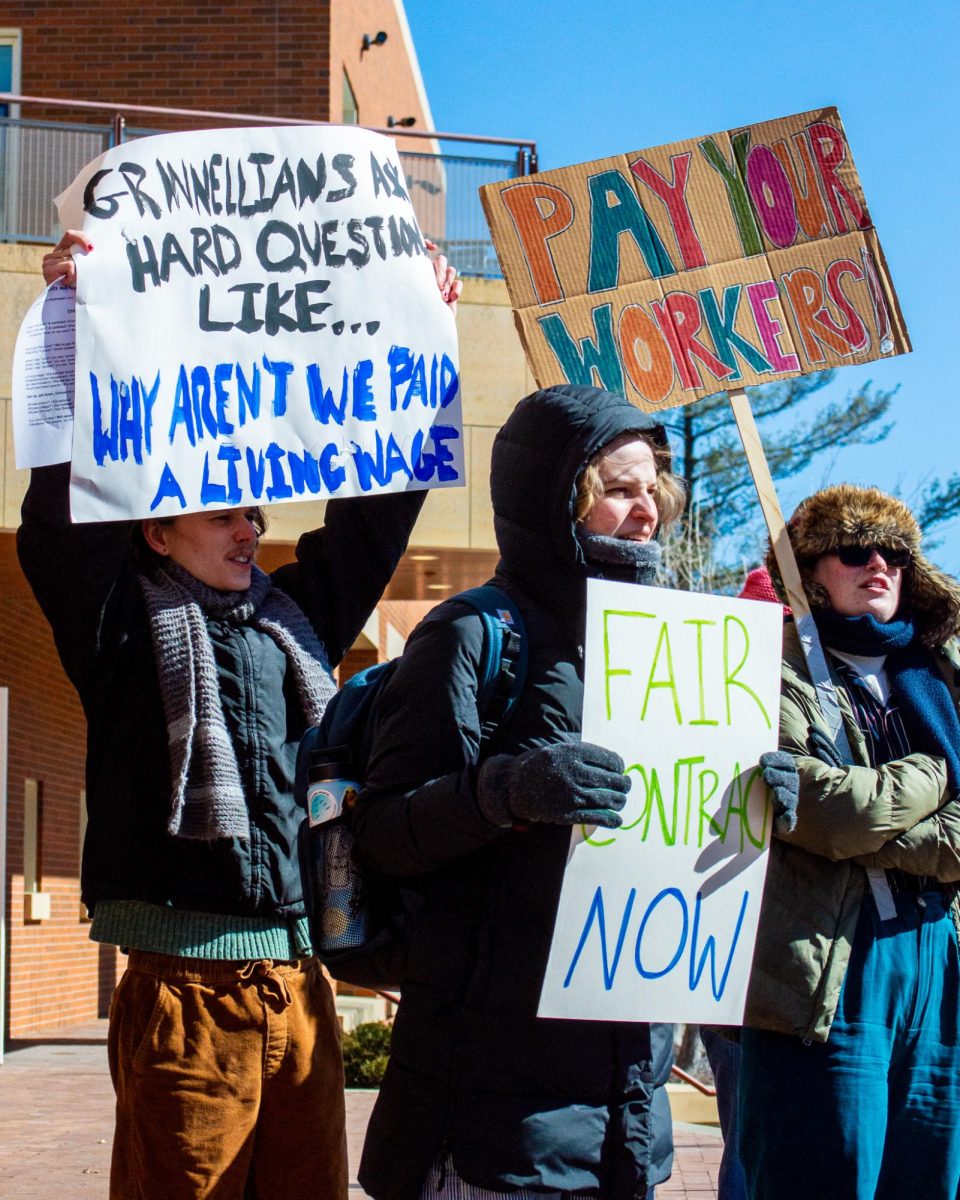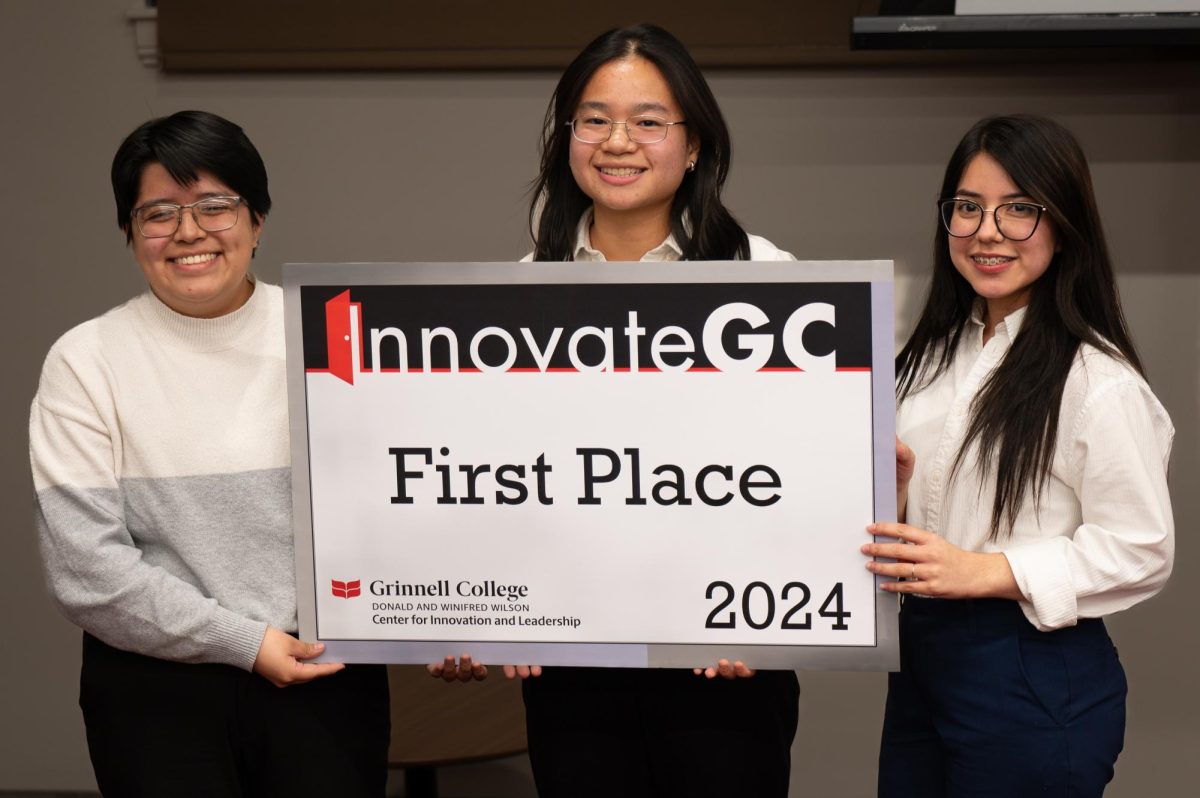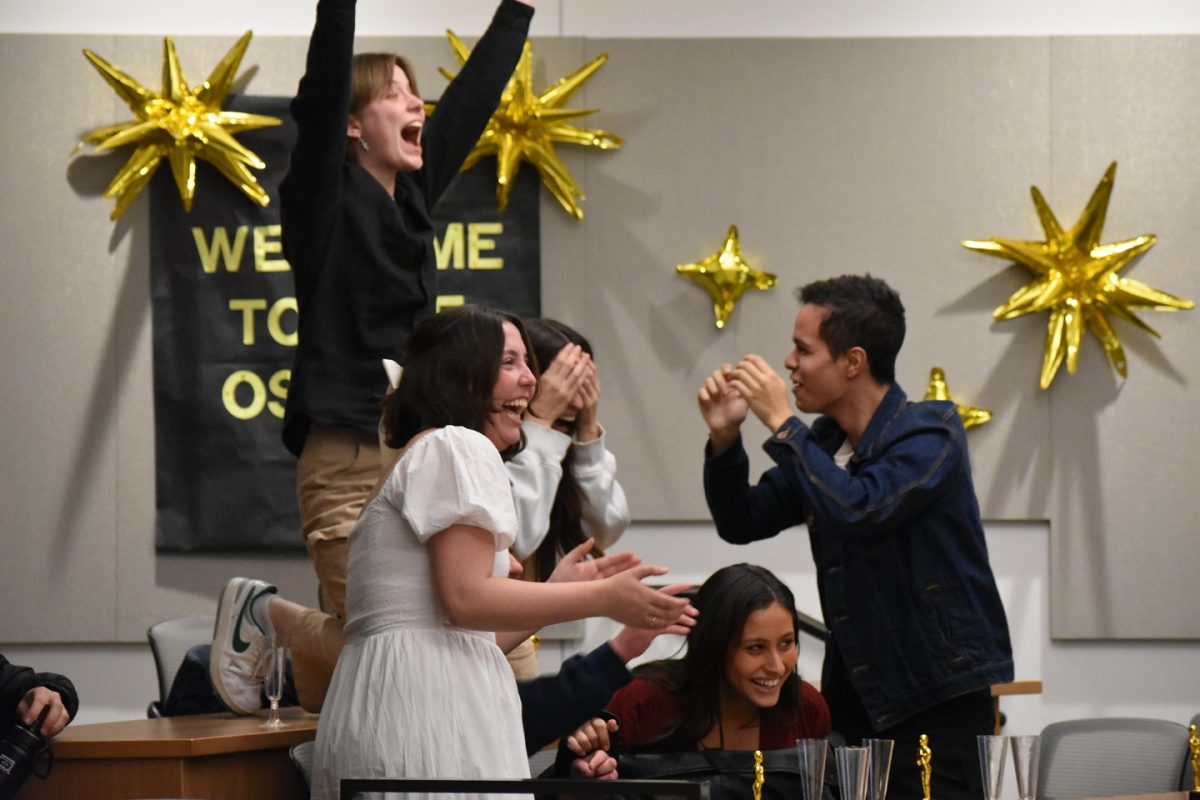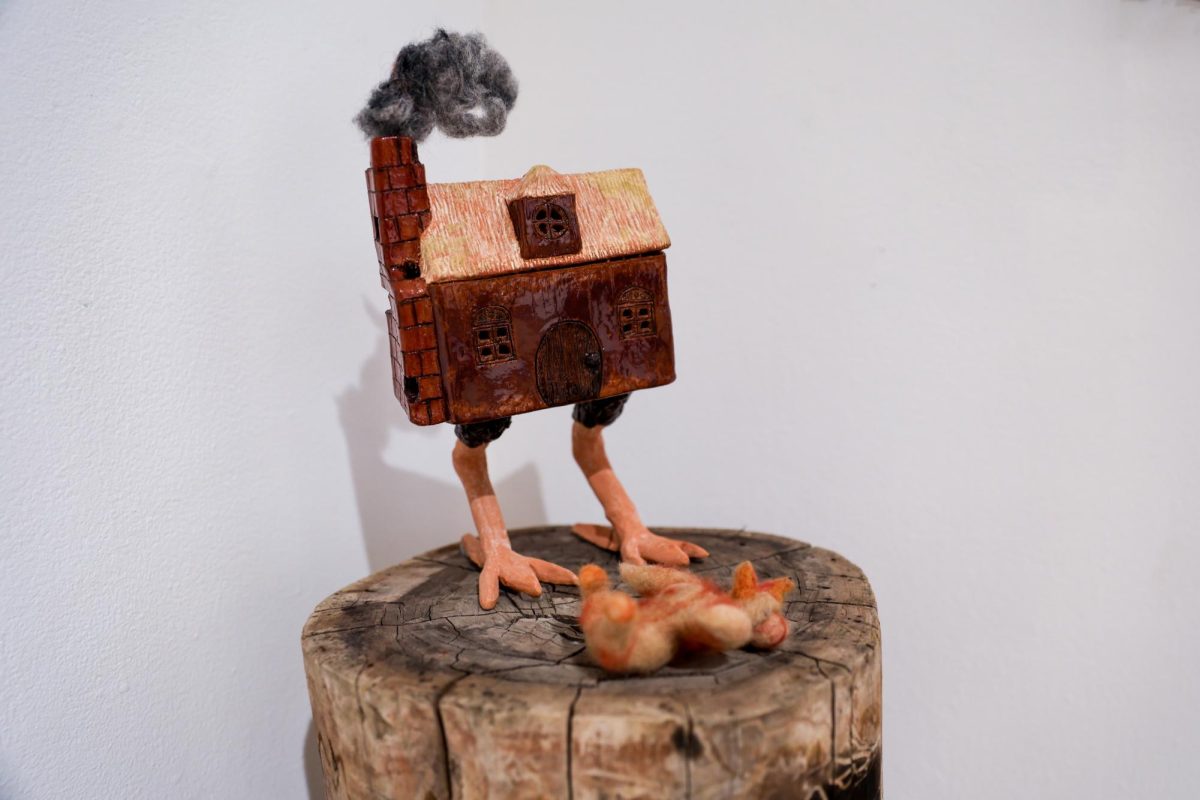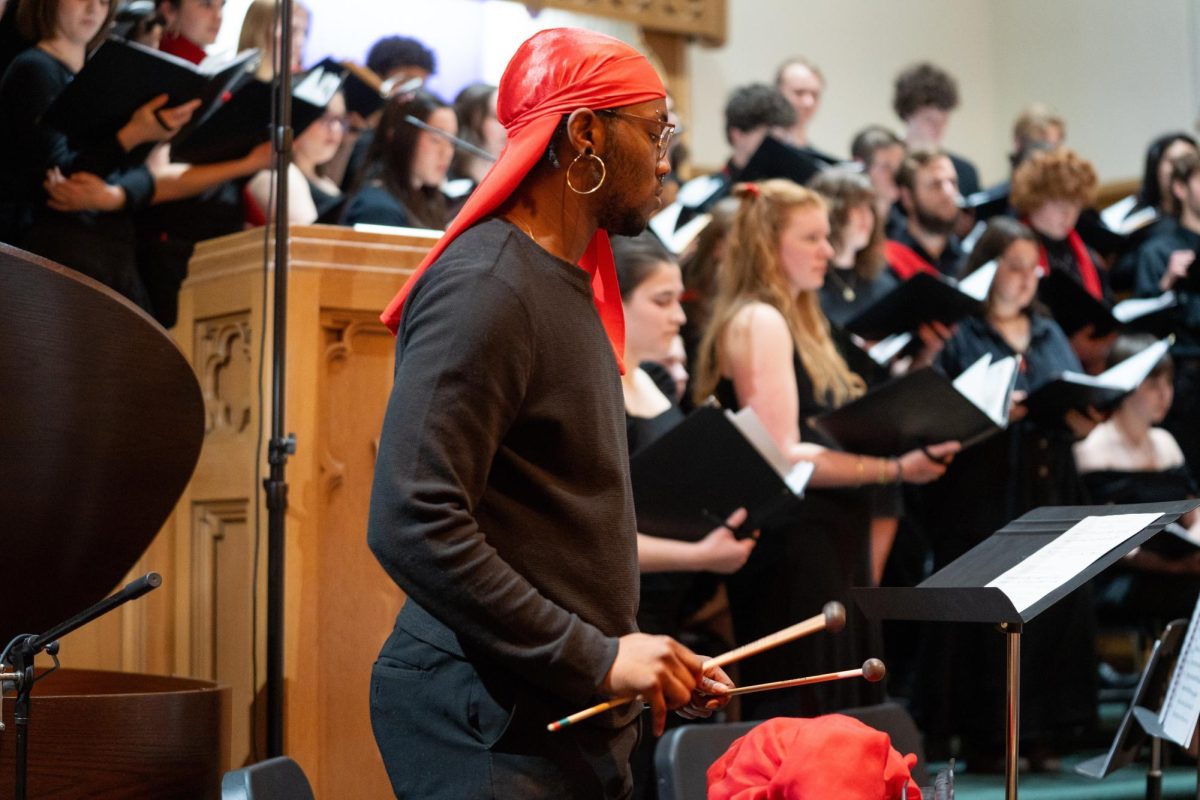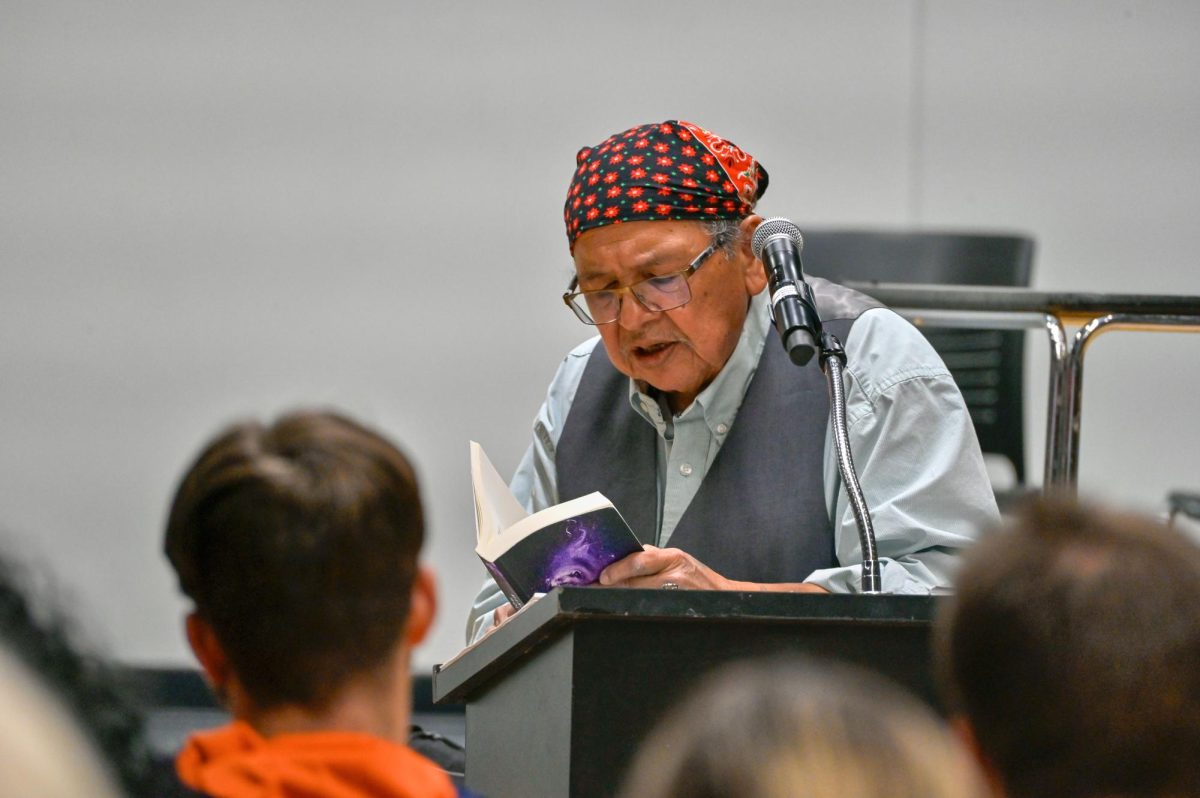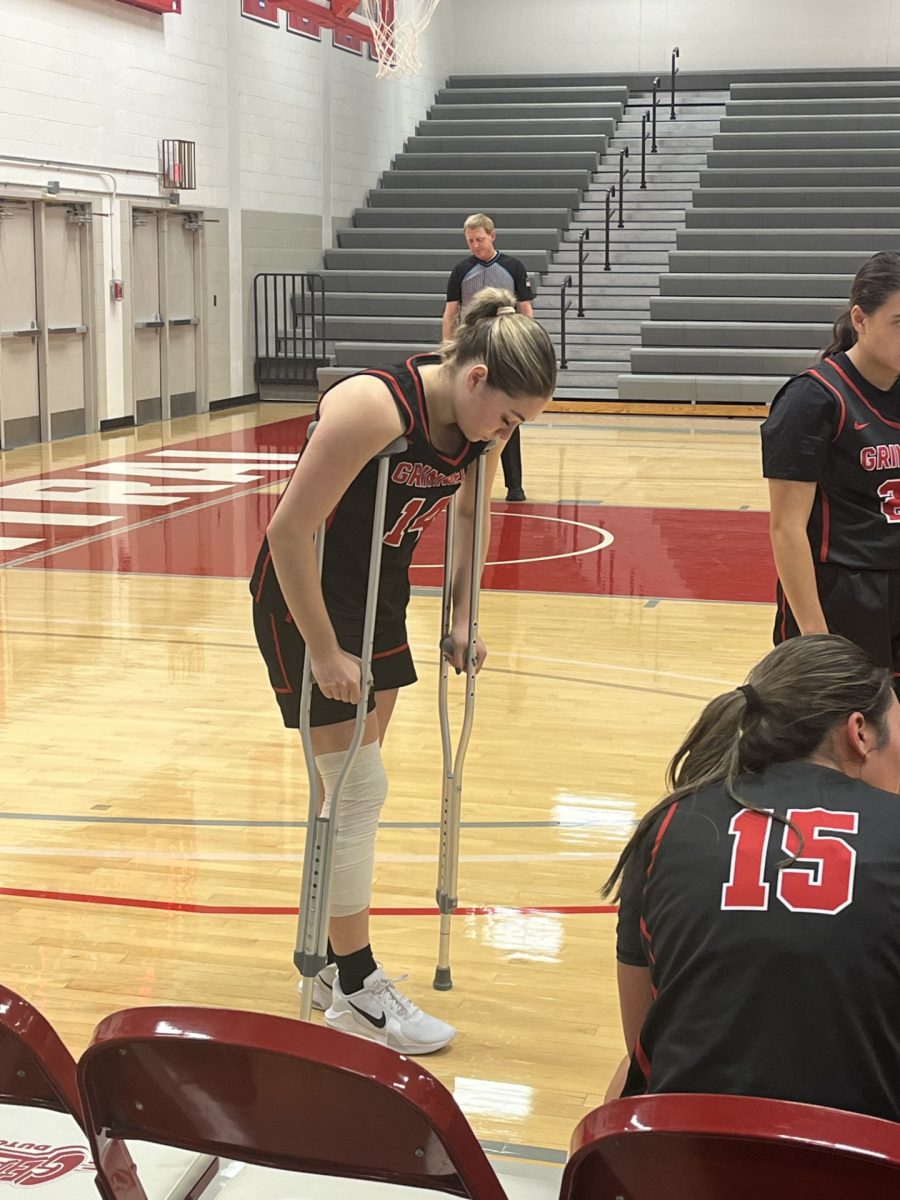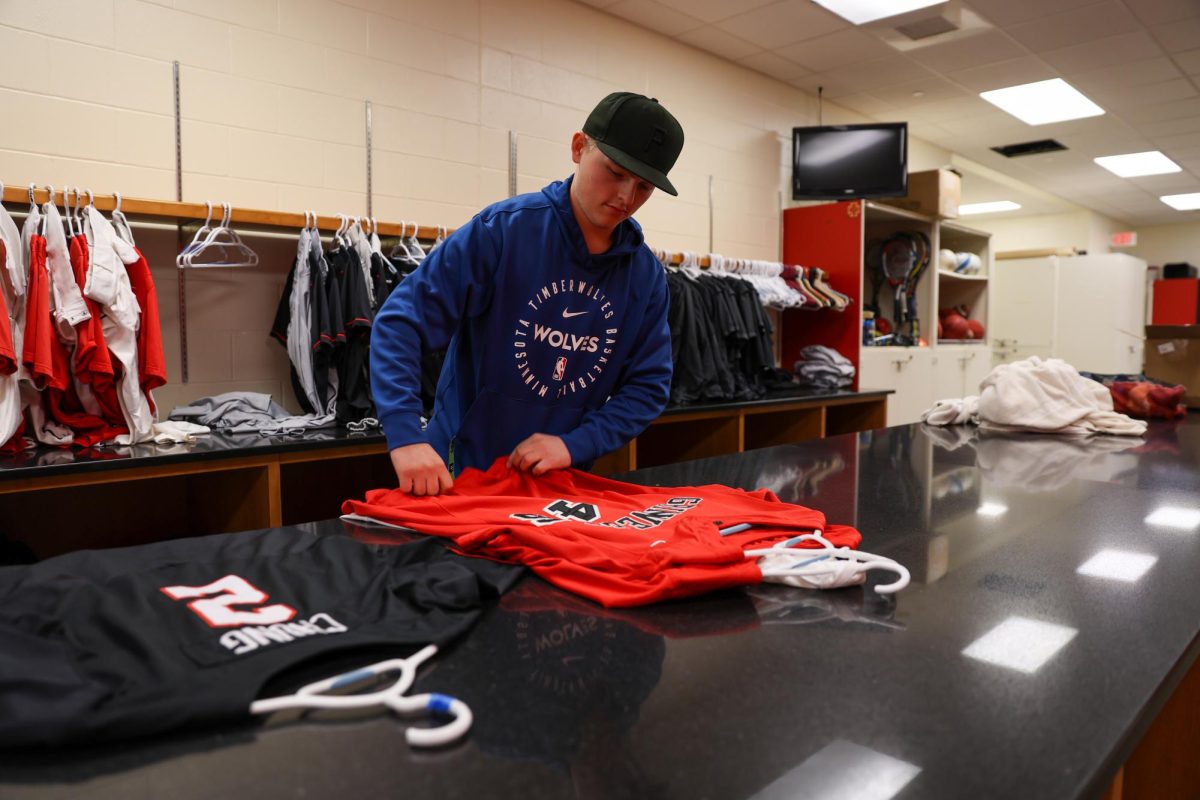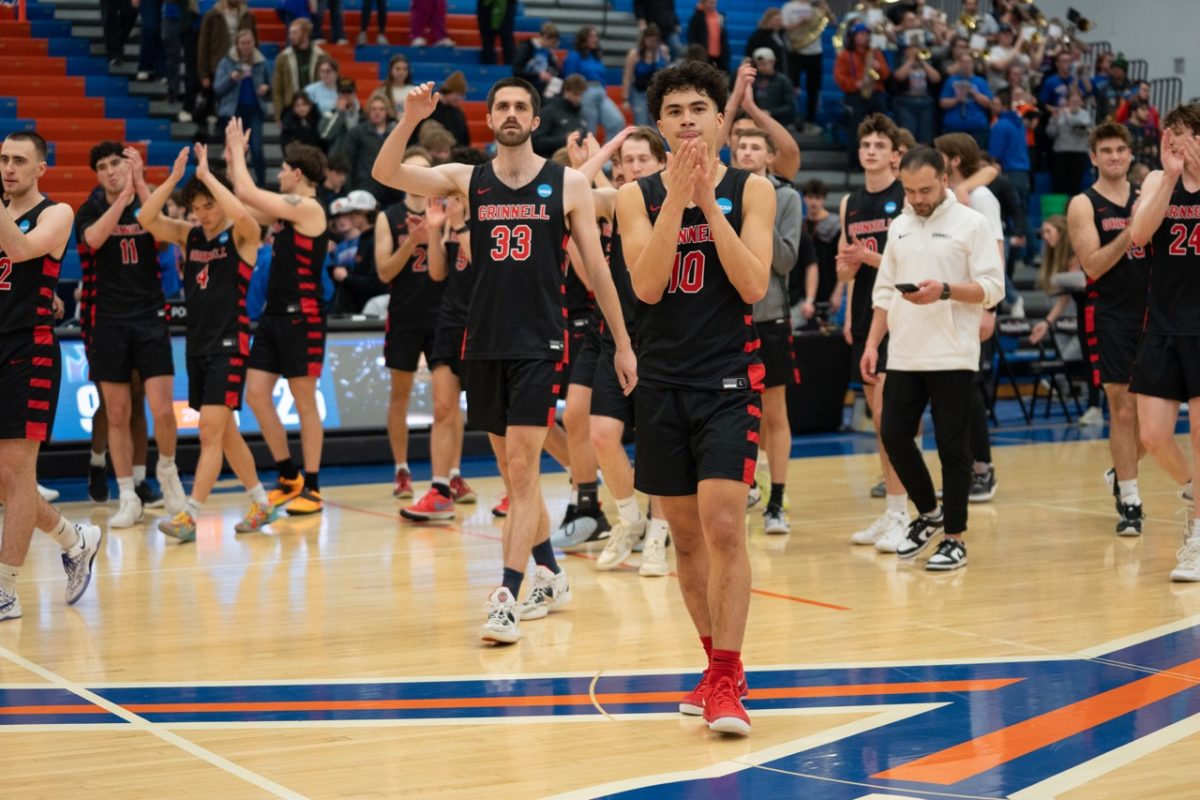By Que Newbill
As you sip on your pop during lunch, did you ever think that some people would claim you were funding someone’s murder? The Coca-Cola Company is currently at the center of an international firestorm sparked by serious allegations of unethical business practices including worker’s rights abuse, murders involving union workers and intentional environmental destruction. More recently their questionable business practices have prompted over 190 colleges and universities across the globe to start local campaigns against Coke.
On the Grinnell campus, the Grinnell Student Peace Action Network (GSPAN) is leading the effort for a campus-wide boycott of Coca-Cola products. The group’s passionate leaders Sarah Goff ’11, Heather Riggs ’12 and Kate Moening ’12 are confident that Grinnell students are ready and willing to make the change to a Coke product free campus.
Moening and Goff were inspired to start a “Killer Coke” campaign after attending a conference on the School of Americas where they learned about Coke’s dealings with paramilitary units. “Grinnell has a strong tradition and commitment to social justice,” Moening said. “It would seem to contradict what we stand for, and we should live up to our name even if it is a tough decision.”
GSPAN has planned a number of initiatives this year to jumpstart the Killer Coke campaign. Riggs said they will start by focusing on awareness. “A lot of people don’t know about [GSPAN and Killer Coke],” Riggs said. GSPAN plans to change this by putting on events and workshops highlighting the unethical practices of Coca Cola. The organization also hopes to bring in speakers from the national Killer Coke campaign, which provides numerous resources to its local affiliated organizations.
The group believes that the goal is achievable by the end of this academic year, and plans to build solid student support while engaging the administration. “We want to make sure the administration is our ally, while having the necessary student support to move forward,” Riggs said. “Ideally, we’d like to replace Coke with local products, but those are things we will work on and create a spirit of boycott, so that students won’t even buy it for a party like at McNally’s.”
Dining Hall Director Dick Williams remains neutral on the subject. He said that since the JRC opened in fall 2006, Grinnell Dining has elected not to do business exclusively with the Coca-Cola Company. “We have no type of contract with Coke,” he said. “We provide over 42 varieties of beverages—Pepsi-Cola, Coke, and Dr. Pepper are all options.” Williams said that ridding the campus of Coke products “is possible, but it’s a process and it requires that all the student handbook procedures, regulations and school policies are properly followed.”
On the international level, Coke continues to battle allegations in high profile lawsuits. In 2003, United Steelworkers of America and SINALTRAINAL (Sindicato Nacional de Trabajadores de la Industria de Alimentos, or, the National Union of Food Industry Workers) filed a lawsuit against the Coca-Cola Company. The lawsuit alleges that Coke’s contracts with paramilitary units—which provide the security at the bottling plants—has allowed for “these professional military soldiers” to bully, torture and kidnap union affiliated workers to drive down the wages.
According to the Killer Coke website there have been a total of nine confirmed murders of union leaders in the Colombia Coca-Cola bottling plant alone since 2002. In 2006, the case was dismissed by the Supreme Court on the grounds that Coca Cola could not be held liable for local bottlers. Just two weeks ago, another lawsuit was dismissed against Coke on the grounds that the plaintiff, SINALTRAINAL, did not provide enough evidence.
In response to the various allegations, Coke has launched a website, www.gettherealfacts.com. The website states, “In Colombia, a country where 4 percent of workers are unionized, 31 percent of the employees of Coca-Cola Colombian bottling partners belong to unions.”
The website also published details of a third-party investigation through International Labor Organization (ILO) in their Columbia bottling plants. The investigation reported that no wrongdoing was found and all work and legal standards were up to par. However, some dispute the credibility of this investigation due to the fact that is was founded by Coke and the U.S. delegate to the ILO, Ed Potter, is also Coca-Cola’s global relations director.
While the level of Coke’s culpability remains undecided on an international level, GSPAN will lead Grinnell students to question the company’s practices and decide how they weigh in. “That’s a given—[that big businesses engage in unethical practices],” said Christian Loggins ’12. “But it doesn’t affect my everyday decisions.”
GSPAN’s message, however, is that potentially unethical behavior should affect our daily decisions—and we should act on it. We may not know for sure whether or not Coke is killer, but it probably would not kill us to try giving up Coke.


